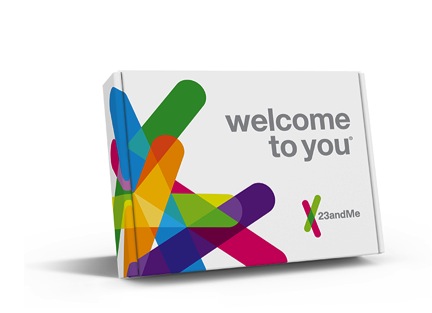So far in this series we have explored Artificial Intelligence taking various roles in the medical field. In parts 1 and 2, we reviewed Diagnosis and Healthcare Monitoring and in part 3 we focused on Drug Development. Today we are going to cover AI and its ability to help healthcare professionals create personalized medicine.
Why would we need personalized healthcare? If two patients come into a doctor’s office and both were diagnosed with lung cancer we typically give them the same treatment. However, if one patient is 35 years old and the other is 65 we might need to consider different treatments. What if one patient is a mother of 4 and the other is unmarried and lives alone? What if one smokes a pack a day and the other drinks red wine every night? These factors are something we need to consider when distributing treatment, and AI can help with that.
In our article on AI in Diagnosis, we spent some time on how AI can track patients illnesses in their life times and then use that data to help inform a better treatment. But AI could also track patients within the same demographics and suggest treatment based on the common factors. How were other 65 year old mothers treated for lung cancer? What worked? What didn’t? How is that different from treating a 35 year old with the same cancer?
Scientists at Carnegie Mellon University and the University of Pittsburgh are receiving funding from the University of Pittsburgh Medical Center for the next six years at the tune of $10-$20 million per year to research AI in personalized treatments.
This AI takes information from electronic health records, prescriptions, genomic profiles, insurance records and even wearable devices like the Fitbit and the Jawbone UP to create a healthcare plan and a personalized medical treatment for each individual patient.
“Machine learning and artificial intelligence makes knowledge out of a huge collection of big data. You can make reasoning about it. It’s like an artificial brain at work on the data instead of just a storage system.” – Eric Xing, Professor of the Machine Learning Department at Carnegie Mellon
Up until now data on patients has been dead data. It exists but can only be referenced in specific instances when doctors call for it. With an AI network, all of that data can be used as a living reference point for doctors and healthcare practitioners. Some new and exciting research is being done in many fields around using this data.
Nestle has been attempting to develop medical foods for patients with various diseases, as well as creating foods that will help patients heal faster after surgery. This is the cutting edge of targeted medicine, and has been referred to by many as the ‘wild west’ of medicine. Being able to create a meal that nourishes the body, but is also specifically targeted to treat alzheimer’s would be an enormous step forward in the medical industry. Medical foods do not have the same requirements to meet as prescription drugs, but the hefty research costs will be enough to slow down this process. AI of course can be used to identify the needs in patients and speed up the process for creating a medical food.
The company 23andme is doing an excellent job in the targeted medicine industry by distributing home genetic testing kits. For $200 you can get a report on each chromosome in your genetic makeup and specific recommendations for you as a person. You can understand what your DNA says about your health, personal traits and even ancestry. Companies can use this information to infer propensity to a particular disease.This information can one day be used to create personalized drugs for patients when they are ill.
“Uniqueness in lifestyle, environment and other health factors makes someone a unique individual,” he said. “AI might take information from not just one doctor but many doctors’ experiences and it can pull out information from different patients that share similarities.” – FierceHealthIT.com
Specifically, AI can help fight cancer by offering targeted cancer treatments. Some of the semiconductor suppliers are also targeting this space with their high performance SoC’s. For example, the NVIDIA DGX-1, which is a super computer in a box, will be able to predict a person’s favorable response to a type of drug like chemotherapy, taking into consideration a patient’s demographic and lifestyle choices.
Even President Obama has been working to develop the nation’s capacity to respond to each individual’s healthcare needs. With the Precision Medicine Initiative, President Obama is working with the Department of Health and Human Services to get rid of the ‘one-size-fits-all’ approach to medicine and use genetic testing and AI tracking to help give targeted treatments.
As AI continues to develop, we may one day be able to give a blood sample when ill and receive a pill specifically tailored to our genetic and environmental needs.
BitNavi is a blog conceived by Karl Motey in the heart of Silicon Valley, dedicated to emerging technologies and strategic business issues challenging the industry.
Kaya Lindsay is a local Santa Cruz contributor who spends her time globetrotting, surfing the web, and writing for the BitNavi team.
Follow her on Twitter: @KayaSays




